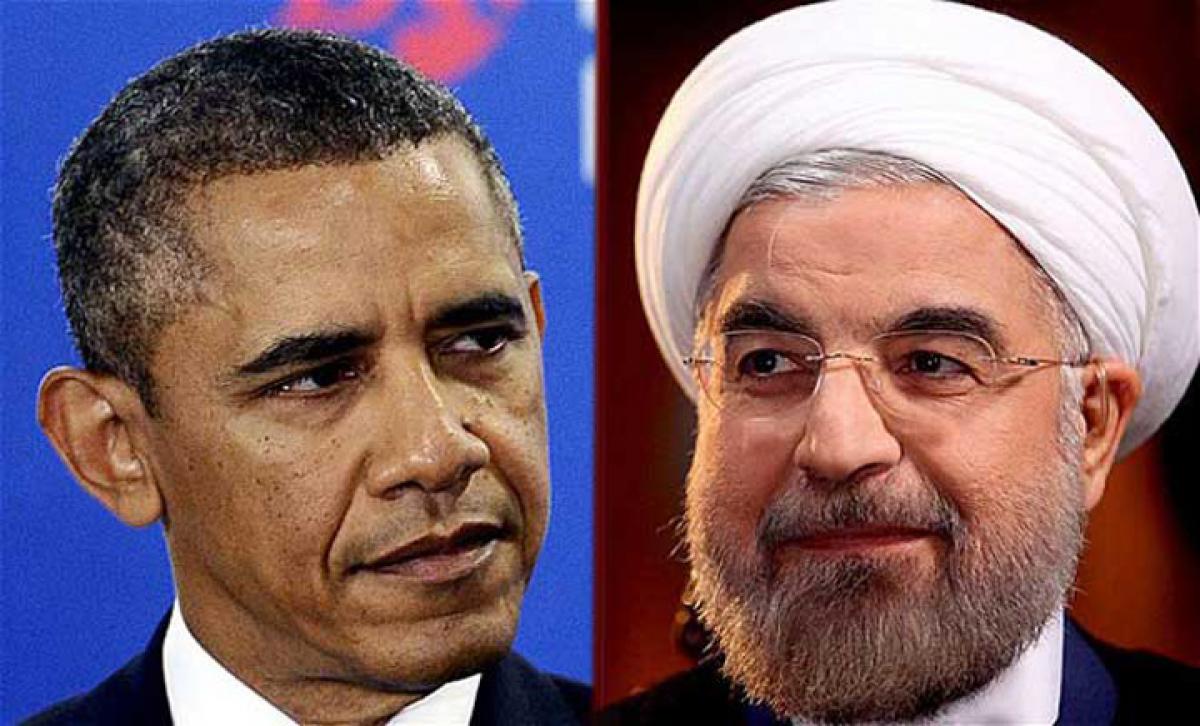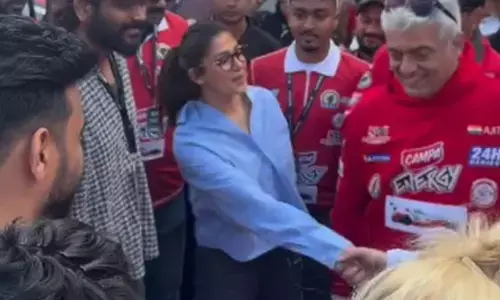US, Iran set historic deal in motion

Until last year, it was unimaginable that there would be a peaceful solution to the Iranian nuclear crisis. Tehran’s nuclear deal once again caught the headlines when last weekend followed by the IAEA’s confirmation, the nuclear sanctions on it were removed, signaling Iran’s reintegration with the global economy.
Until last year, it was unimaginable that there would be a peaceful solution to the Iranian nuclear crisis. Tehran’s nuclear deal once again caught the headlines when last weekend followed by the IAEA’s confirmation, the nuclear sanctions on it were removed, signaling Iran’s reintegration with the global economy.
It was indeed a remarkable moment in international diplomacy because the nuclear tangle finally got resolved without any military faceoff. Even when a deal had been reached in July 2015, in Vienna (between Iran and P5+1, and the European Union), critics continued to attack the efforts, questioning the operating challenges of the accord and Iran’s dubious nuclear record.
But proving its critics wrong, Tehran acted quickly to rein in its nuclear programme. It decommissioned its enrichment centrifuges, removed the core of its heavy-water reactor and shipped out most of its low-enriched uranium stockpile. As Iran cooperated with the world, the negotiating parties also seemed to reciprocate at an equal pace to remove all the sanctions within hours.
The implementation of the deal is indeed ‘historic’ and ‘momentous’ because of a number of reasons. First, it demonstrated the willingness of both the US and Iran to move past their history of hostilities and begin a new future of cooperation. Both President Barack Obama and his Iranian counterpart Hassan Rouhani deserve credit for their visionary determination and sticking to the path of diplomacy which brought new hope to a region that was otherwise tormented by conflicts.
The removal of restrictions on Iran’s oil, petrochemicals, banking, natural gas and port sectors will hugely benefit Tehran and allow it to re-enter the global market. As an instant relief, it will also be able to access the huge amount of cash it has accumulated overseas from restricted oil sales during the sanctions.
This deal is stated to bring rich dividends for New Delhi. For years, India depended on Iran as a key supplier of energy, but international sanctions limited its trade and motivated New Delhi to get supplies from other countries in the Gulf. With the prospect of some sanctions being lifted soon, India is looking to renew that energy trade. India has taken steps to invest in Iran’s southern port of Chabahar.
Expanding trade through this port would help create a link for India directly into Afghan and Central Asian markets without having to worry about neighboring Pakistan. This route could become an alternative to the regional hub at the Gwadar port in Pakistan, where China has made major investments. These openings could have major geostrategic implications.
A lot of positive things have been said and written about the improving US-Iran ties. Though both sides maintain that cooperation is limited to the nuclear deal, in actuality it is much broader. Tehran and Washington are engaged in Syria and Iraq. They share common interests in Afghanistan. The quick release of American sailors whose patrol boats drifted into Iranian waters signaled the shift in ties.
Even though developments are appearing to be bright, the Obama administration faces the uphill task of keeping the anti-Tehran allies in West Asia such as Saudi Arabia and Israel happy and countering domestic criticism by the Republicans that it is going soft on Iran. But the US administration has played down these fears and insisted that the deal is only about stopping Iran’s nuclear ambitions.
But the question arises how far this deal is sustainable and what effects they can have on the troubled West Asian geopolitics. Also, the US has only removed secondary sanctions that restrict the dealings of other countries with Iran. Primary sanctions that bar US citizens and companies from business with Iran will remain. In reality, the possibility of US and Iran entering into normal diplomatic relations is “very far off.”
The deal, thus, is more than a document; it is a process where analysis and debate play an important role. It will put an end to decades of hostility, years of posturing and months of speculation. It is not clear what could happen to the Iran-US détente if a Republican is elected to the White House. But if both nations overcome these challenges and sustain the momentum, it can transform the region for the better in the long run.














